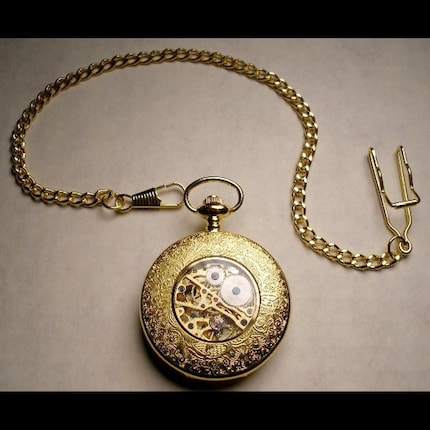Meanwhile on weekdays he would see the fine figure of the man [Sutpen]—they were the same age almost to a day, though neither of them (perhaps because Wash had a grandchild while Sutpen's son was a youth in school) ever thought of himself as being so—on the fine figure of the black stallion, galloping about the plantation. For that moment his heart would be quiet and proud. It would seem to him that that world in which Negroes, whom the Bible told him had been created and cursed by God to be brute and vassal to all men of white skin, were better found and housed and even clothed than he and his; that world in which he sensed always about him mocking echoes of black laughter was but a dream and an illusion, and that the actual world was this one across which his own lonely apotheosis seemed to gallop on the black thoroughbred, thinking how the Book said also that all men were created in the image of God and hence all men made the same image in God's eyes at least; so that he could say, as though speaking of himself, "A fine proud man." If God Himself was to come down and ride the natural earth, that's what He would aim to look (538).
Wash clings fervently to Colonel Sutpen, playing the role of sycophant to Sutpen's drunken ramblings of Confederate revival.
Sutpen would reach that stage of impotent and furious undefeat in which he would rise, swaying and plunging, and declare again that he would take his pistol and the black stallion and ride single-handed into Washington and kill Lincoln, dead now, and Sherman, now a private citizen."Kill them!" he would shout. "Shoot them down like the dogs they are—""Sho, Kernel; sho, Kernel," Wash would say, catching Sutpen as he fell (540).Wash even goes so far as to appoint himself as groundskeeper to Sutpen's property in his absence, an illusion of grandeur which is met with skepticism and mockery, particularly by Sutpen's slaves: "The Sutpen slaves themselves heard of his statement. They laughed. It was not the first time they had laughed at him, calling him white trash behind his back" (536). Sutpen's slaves undermine Wash's concept of the subject-object relationship between the white man and his inferiors; he is subjugated by those whom he seeks to subjugate, leaving him "panting and impotent and raging (537)." Wash is disillusioned, knocked from his imagined pedestal, and unable to depart from the script which comprises his perceived social role.
Wash is further disempowered at the hands of Colonel Sutpen himself when Colonel Sutpen begins to court Wash's 15-year-old granddaughter behind his back. Wash believes the power struggle to be reversed when Colonel Sutpen is found to be the father of Wash's great-granddaughter: "Wash Jones has fixed old Sutpen at last. Hit taken him twenty years, but he has done hit at last (542)," speaking of Colonel Sutpen's obligations to "marry the gal or pay up (548)." However, after Wash's granddaughter gives birth to a daughter, Sutpen shrugs his obligations, again leaving Wash in an impotent rage. At this point, Wash's power has been challenged by all over whom Wash attempted to assert his dominance. The ideals which fueled Wash's self-identity and concept of world order have been debased, and Wash thus begins his violent and deranged decay, taking Colonel Sutpen, his own progeny, and anyone else who dare threaten his power down with him.
Discussion questions: In what ways are Wash's struggles mirrored by Colonel Sutpen? In what ways does Wash himself embody non-Southerners' concept of the "Old South?" Is Wash's Granddaughter somehow aware of her and Sutpen's eventual demise?



